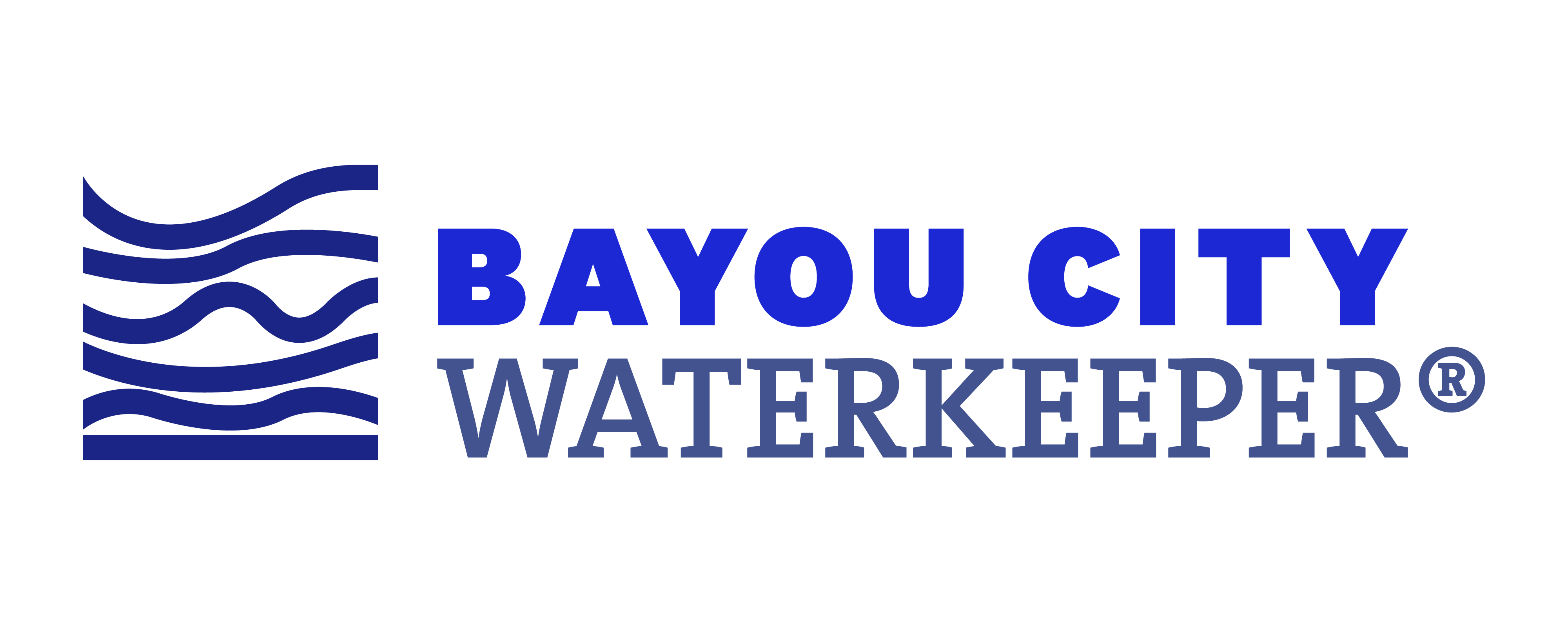FOR IMMEDIATE RELEASE
Media Contacts:
Lori Harrison, Waterkeeper Alliance, 703.216.8585, lharrison@waterkeeper.org
Mark Westlund, San Francisco Baykeeper, 510.841.8329, mark@baykeeper.org
Kristen Schlemmer, Bayou City Waterkeeper, 512-619-1583, kristen@bayoucitywaterkeeper.org
Clean Water Advocates File SCOTUS Brief to Defend Clean Water Act
Protection for Waters of Significant National Importance
New York, NY, June 16, 2022—Waterkeeper Alliance, San Francisco Baykeeper, Bayou City Waterkeeper, and 47 additional Waterkeeper groups from across the country filed an amicus brief with the United States Supreme Court today to defend the Clean Water Act (CWA) from efforts to substantially narrow the definition of federally protected waters. The clean water advocates are arguing in support of the U.S. Environmental Protection Agency (EPA) in the case Sackett v EPA, and asking the Supreme Court to uphold the Ninth Circuit Court of Appeals ruling about the scope of wetlands protected under the landmark environmental law.
“The Waters of the United States need strong and uniform protections, which Congress intended with the Clean Water Act, in order to create and maintain a healthy network of waterways,” said Eric Buescher, Senior Staff Attorney with San Francisco Baykeeper. “Shattering water quality laws across countless state and local jurisdictions will lead to a nationwide patchwork of sacrifice zones.”
The central question in Sackett v EPA, which the Supreme Court will hear this fall, is what standard should apply to determine protection for wetlands that are adjacent to traditional navigable waters and their tributaries. The petitioners in the appeal have asked the Supreme Court to overturn the Ninth Circuit’s ruling that adjacent wetlands, including those on their Idaho property, merit federal protection, which would advance a narrow interpretation of the CWA. The amicus brief contends that, to achieve the law’s objective, it must protect all waters that make up aquatic ecosystems, not just navigable waters.
“Many iconic and significant waters across the country lack continuous surface connections to traditionally-defined navigable waters and could lose federal clean water protections that have been in place for nearly fifty years if the Court were to adopt the petitioners’ navigability theories,” said Kelly Hunter Foster, Senior Attorney with Waterkeeper Alliance. “Congress originally designed the CWA to broadly protect all waters of the United States—not only those used for commercial navigation. The scope cannot be narrowed if we are to ensure the integrity of the law and the health of our waterways.”
The Supreme Court, in rulings over the last fifty years, has recognized the CWA as a broadly reaching system of water pollution regulation that applies to virtually all bodies of surface water in the country. The law was enacted in 1972 to protect the health of the waters of the United States, promote healthy aquatic ecosystems, and regulate the discharge of pollutants into waterways. In the language of the statute itself, its purpose is to “restore and maintain the chemical, physical, and biological integrity of the Nation’s waters.”
Congress intended for the CWA to be the overriding statute to protect the nation’s waters, and limiting its jurisdiction, as urged by the petitioners, could pollute and degrade waters of significant national importance, such as California’s San Francisco Bay, Idaho’s Snake River Closed Basin Trout Fisheries, New Mexico’s Closed Basin Recreational Waters, Oregon’s Crater Lake, and Texas’ Galveston Bay.
“We’re two weeks into hurricane season in Houston and along the Texas coast,” said Kristen Schlemmer, Legal Director with Bayou City Waterkeeper. “How our wetlands and natural systems are protected directly affects how safe we are from flooding, storm surges, and climate change. We want the Supreme Court justices to understand that the Clean Water Act is this region’s most important law for protecting our natural defenses. It must remain strong and intact.”
“The Clean Water Act has been instrumental in protecting San Francisco Bay’s tidal wetlands, and the wetlands will in turn help protect Bay Area communities from flooding and climate-driven sea level rise,” added Buescher. “There is a direct nexus between healthy waterways and healthy people, and a robust Clean Water Act will help us achieve both.”
The filing organizations are not-for-profit environmental advocates dedicated to protecting and restoring water quality to ensure that the world’s waters are drinkable, fishable, and swimmable.
About Waterkeeper Alliance
Waterkeeper® Alliance is a global movement uniting nearly 350 community-based Waterkeeper Organizations and Affiliates around the world, focusing citizen action on issues that affect our waterways, from pollution to climate change. The Waterkeeper movement patrols and protects over 2.75 million square miles of rivers, lakes, and coastlines in the Americas, Europe, Australia, Asia, and Africa. For more information, visit waterkeeper.org.
About San Francisco Baykeeper
San Francisco Baykeeper, a member of Waterkeeper Alliance, regularly patrols the Bay by sea and air, and enforces the Clean Water Act and other laws that protect the Bay and the people of the Bay Area. Since 1989, Baykeeper’s lawyers, scientists, and advocates have defended San Francisco Bay from its biggest threats, and held polluters accountable to create healthier communities and help wildlife thrive. For more information, visit: baykeeper.org.
About Bayou City Waterkeeper
Bayou City Waterkeeper, a member of Waterkeeper Alliance, works with communities across the greater Houston region to advocate for flood protections that are equitable and nature-based, hold water polluters and those in power accountable, and ensure leaders have the tools to restore and conserve our natural systems, including wetlands. Using science and law, Bayou City Waterkeeper collaborates with other organizations and prioritizes underserved communities to advance water justice in Houston. For more information, visit: bayoucitywaterkeeper.org.
###
